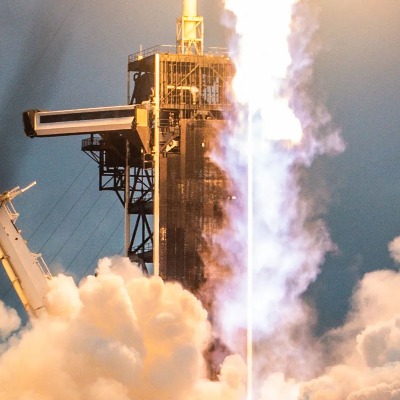Quantum Chemistry Experiment On ISS Creates 5th State Of Matter

Scientists on the International Space Station (ISS) have successfully created a fifth state of matter, known as a Bose-Einstein condensate (BEC), using a quantum chemistry experiment. This is the first time that a BEC has been created in a microgravity environment, and it could lead to new breakthroughs in quantum physics and chemistry.
A BEC is a group of atoms that have been cooled to near absolute zero (-273.15 degrees Celsius) and are trapped in a magnetic field. At this temperature, the atoms lose their individual identities and become a single, macroscopic quantum entity. This allows scientists to study the behavior of matter at the quantum level, which is governed by the strange and counterintuitive rules of quantum mechanics.
The experiment was conducted on the Cold Atom Laboratory (CAL), a facility that was installed on the ISS in 2018. The CAL uses lasers and magnetic fields to trap and cool atoms to near absolute zero. In this experiment, the scientists used rubidium atoms to create a BEC.
The creation of a BEC in microgravity is a significant breakthrough because it allows scientists to study the behavior of matter in a way that is not possible on Earth. The microgravity environment eliminates the effects of gravity, which can interfere with the formation of BECs. This makes it possible to create larger and more stable BECs, which will allow scientists to study them in more detail.
The creation of a BEC in microgravity could have a number of important applications. For example, BECs could be used to develop new types of sensors and quantum computers. They could also be used to study the behavior of matter in extreme environments, such as those found in black holes and neutron stars.
The successful creation of a BEC on the ISS is a major milestone in the field of quantum physics. It is a testament to the ingenuity of scientists and the power of international collaboration. This breakthrough could lead to new discoveries that will benefit humanity for generations to come.




